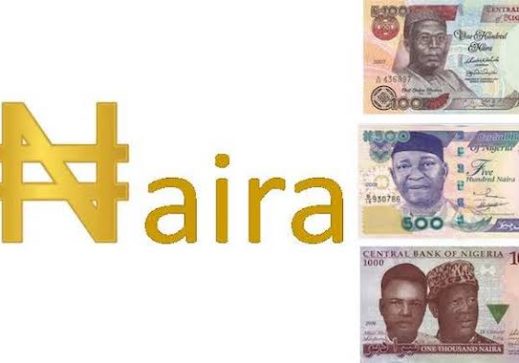eNaira by BN is expressly Nigeria digital currency also known as Central Bank digital currency (CBDC)
The Central Bank of Nigeria (CBN) has launched e-naira digital currency which will have a lawful use and non-interest-bearing asset status. Again, a limit on customer transactions and value-based transactions will be imposed.
What is CBDC?
CBDC is a digital replacement of sovereign currency that is given by a jurisdiction’s monetary authority like the Central Bank.
It is a straight liability of the Central Bank that gave it. It is not prepared to take the place of cash and bank deposits but to live with, as an extra form of given money.
CBDC can be divided into two categories: retail and wholesale. More on this later in this blog post.
Five-Stage eNaira Launch
A paper newly forwarded to banks by CBN disclose the e-naira’s design, the operational module and details about the work assigned to each of the parties participating in the e-naira launch.
As explained in the report, the CBN itself will be responsible for the first part of the e-naira launch. This will involve the issuing, distribution, redemption, as well the destruction of the currency. In the second stage, which is called the Financial Institution Suite, “licensed financial institutions will be able to request currency or issue stable coins.” They will also “manage digital currency across branches, KYC, identify and AML compliance capability.”
The Nigerian government will become involved at the third stage where it will “process digital payments sent to and received from citizens and businesses.” At the fourth stage are merchants who are expected to provide “low-cost payment and business management software, POS, remote payment solutions, online capabilities, transaction analysis and reconciliation.” The last stage, which is also known as the Retail Consumer Suite, will focus on the digital currency’s architecture.
eNaira Wallet
Meanwhile, a separate report says the CBN is now on course to launch a wallet for enaira digital currency. According to the report, this wallet enables the CBN to meet its goal of launching the e-naira by October 1, 2021. However, this wallet will not compete with existing banks. Instead, the Cryptotvplus report says it will “serve as a means to transact value, pending when banks and other innovators can provide their own wallets.”
The wallet, which is also known as the Speed Wallet, will have three tiers. The first tier is designated for Nigerians without bank accounts. However, access will only be gained upon the submission of “a passport photograph, name, place & date of birth, gender, address and phone number.”
Tier-two wallet users on the other hand must “own an account with an existing bank.” Users at this level “can only send and receive $400 [N200,000] daily with a cumulative balance daily of $1,000. [N500,000.]” The minimum requirement for this level is a Bank Verification Number (BVN). The third tier allows transacting daily to the tune of $2,000 with a cumulative balance daily of $10,000. Having a BVN is the minimum requirement.
eNaira in Nigeria: How It Works
Central Bank Governor Godwin Emefiele has said the eNaira would operate as a wallet against which customers can hold existing funds in their bank account. In a statement on Monday, Emefiele said the currency would accelerate financial inclusion and enable cheaper and faster remittance inflows.
Central Bank Digital Currencies are going to be normally used as legal money, and also considered the central bank’s direct liability. The CBDC would be divided into two categories: retail and wholesale. A ‘retail’ CBDC would be used as a digital extension of currency by all persons and businesses, whilst a ‘wholesale’ CBDC may only be utilized as a settlement asset in the interbank market by permitted institutions. This means that Retail CBDC will be used in the same manner as banknotes to make retail payments (Peer-to-Peer and Business-to-Person), while Wholesale CBDC will be used to enable transactions between financial institutions, central banks and entities holding accounts with central banks.
In comparison, retail CBDCs are more suited for central banks in developing countries than wholesale as they are focused on reducing the barriers to financial inclusion, but may limit the financial intermediation role currently played by banks. Wholesale, on the other hand, could prevent some of the more disruptive impacts of CBDC on the financial sector but may limit efficiency gains and broad access to CBDC relative to a retail model.
Differences Between eNaira Digital Currency and CryptoCurrency
CBDCs differ from cryptocurrencies by design, in that cryptocurrencies are built and operate on a decentralized blockchain, while CBDCs operate on a centralized network. The eNaira digital currency will be backed by law to become legal tender. In this case, the CBN will be the main controller. The CBN can approve or override transactions since it is in control of the infrastructure. In contrast, cryptocurrency is private money with no central authority. It is not a legal tender, and it is not a liability of the Central Bank or any of its regulated institutions.
How To Buy eNaira in Nigeria
After the central bank is done with creation and storage of CBDCs, it would be distributed to financial institutions and licensed service providers who will in turn make them available to individuals and businesses.
Transactions with CBDCs can either be online or offline as individuals will be able to use existing and future payment channels to transfer value.















